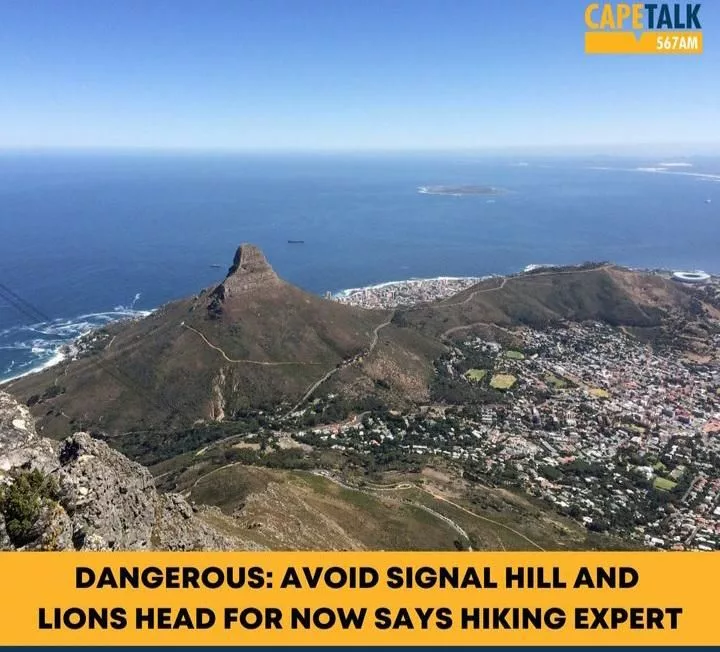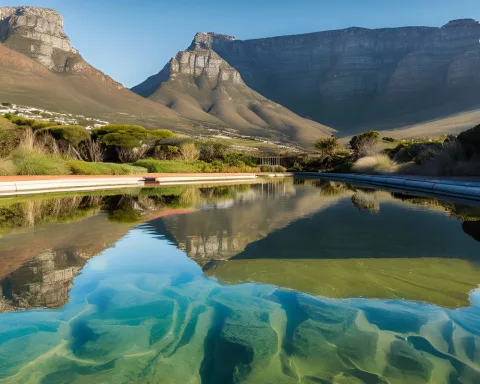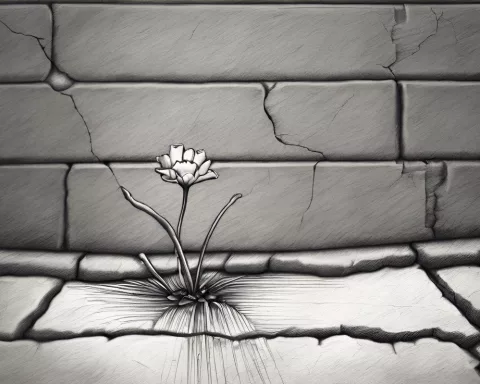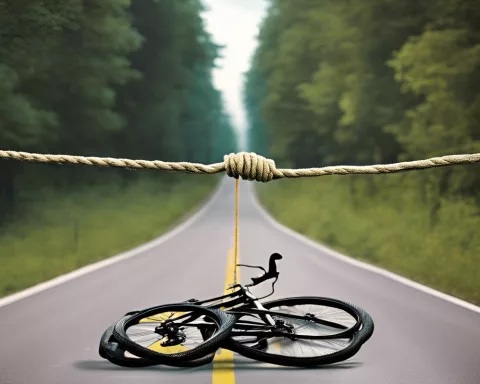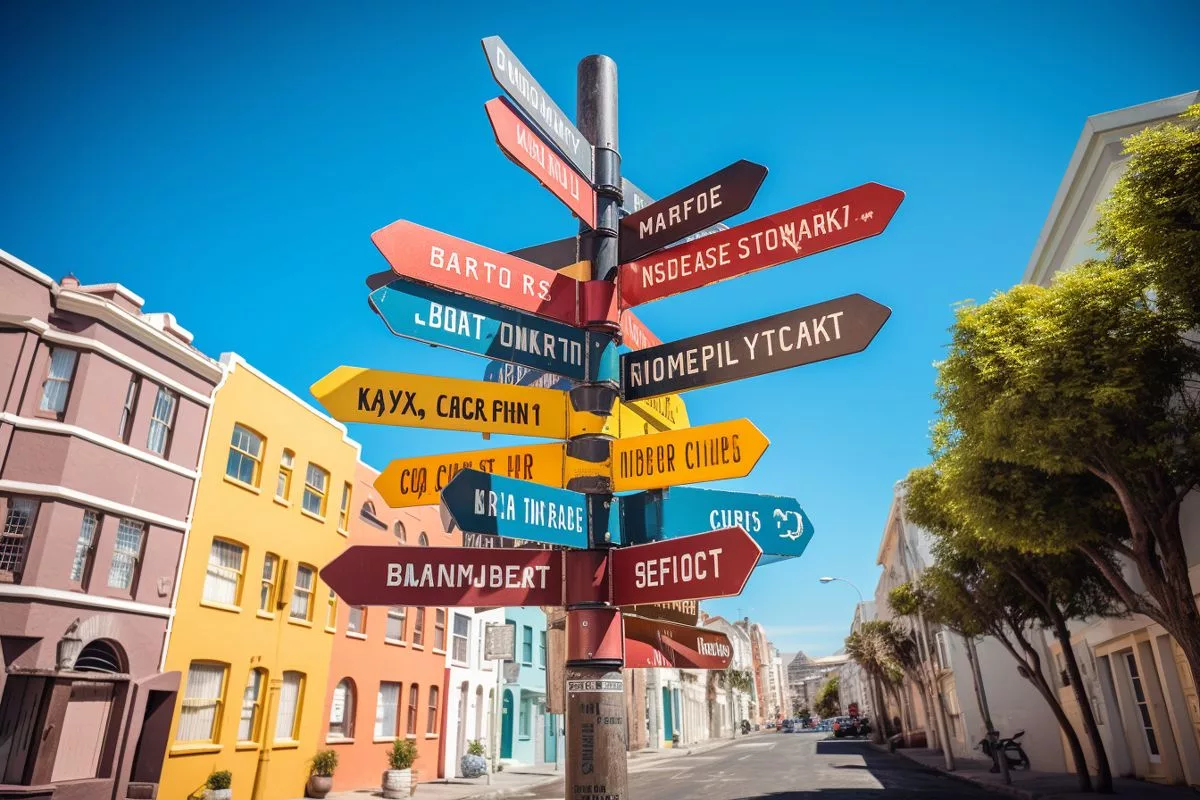Crime on Cape Town’s popular hiking trails, Signal Hill and Lion’s Head, has increased during the summer months, sparking concern among the community. Recent attacks on mountain rescue personnel and muggings of tourists have led to a debate on Reddit, where locals express a mix of resignation and indignation towards the issue. The root cause of the crime wave is seen as being linked to socio-economic maladies such as unemployment and inequality, and potential solutions include community-led interventions and increased police patrols.
As Cape Town’s hiking trails, Signal Hill and Lion’s Head, witness a surge in footfall during the summer, they also experience a sharp increase in criminal activity. The repercussions are felt everywhere, from the city’s tourism industry to its beloved outdoor lifestyle.
Rise in Criminal Incidents Sparks Community Debate
A recent increase in criminal incidents, including attacks on mountain rescue personnel and the mugging of a UK-based professional runner, has sparked a lively debate among locals. The online platform Reddit has become a hotbed for Capetonians to express their reactions, dissect possible causes, and collectively muse over potential solutions.
Melange of Resignation and Indignation Among Locals
The discussion thread reveals a mix of resignation and indignation among the locals. Many view the seasonal escalation of crime as an inevitable dark cloud over the holiday season. While some attribute the surge to recent prisoner pardons, others delve into the realm of political conspiracy theories.
Socio-Economic Maladies Posing a Threat
A deeper analysis suggests that this crime wave could be indicative of deeper socio-economic maladies plaguing the city, such as rampant unemployment and burgeoning inequality. The Reddit discussion also touched upon the impact of internal migration, with a section of the community expressing their anxieties over job competition leading to desperation and crime.
Potential Solutions Explored
The conversation then segued into potential solutions, a mix of the pragmatic and the contentious. The ideas ranged from increased police patrol, the establishment of neighborhood watches, volunteer safety programs, and law enforcement led entrapment operations.
Community-led Interventions Advocated
An insightful observation from the thread was that most victims of muggings were alone, hinting that there might be a safety buffer in numbers. This spawned a rallying call for collective action, with a segment of the community advocating for community-led interventions to safeguard public spaces.
Government’s Role in Ensuring Public Safety
The government’s role also featured prominently in the discourse. While some expressed hope in the Mayor’s commitment to ensuring public safety – as demonstrated by the hiring of additional police officers and park rangers – others remained skeptical.
The Reddit thread offers an authentic and candid snapshot of a community grappling with an alarming trend that threatens to tarnish one of Cape Town’s prized attractions. The discourse resonates with the fears, frustrations, and resilience of the locals facing a societal problem that is as intricate as it is urgent. The message is unequivocal: it’s high time to act before the shadow over the trails darkens further.
What is the cause of the increase in crime on Cape Town’s hiking trails?
The root cause of the crime wave is seen as being linked to socio-economic maladies such as unemployment and inequality.
What solutions have been suggested to address the issue of crime on Cape Town’s hiking trails?
Potential solutions include community-led interventions and increased police patrols. Ideas ranged from increased police patrol, the establishment of neighborhood watches, volunteer safety programs, and law enforcement led entrapment operations.
How are locals reacting to the increase in crime on Cape Town’s hiking trails?
The online platform Reddit has become a hotbed for Capetonians to express their reactions, dissect possible causes, and collectively muse over potential solutions. The discussion thread reveals a mix of resignation and indignation among the locals.
How do socio-economic maladies pose a threat to Cape Town’s hiking trails?
A deeper analysis suggests that this crime wave could be indicative of deeper socio-economic maladies plaguing the city, such as rampant unemployment and burgeoning inequality.
What role does the government play in ensuring public safety on Cape Town’s hiking trails?
The government’s role also featured prominently in the discourse. While some expressed hope in the Mayor’s commitment to ensuring public safety – as demonstrated by the hiring of additional police officers and park rangers – others remained skeptical.


